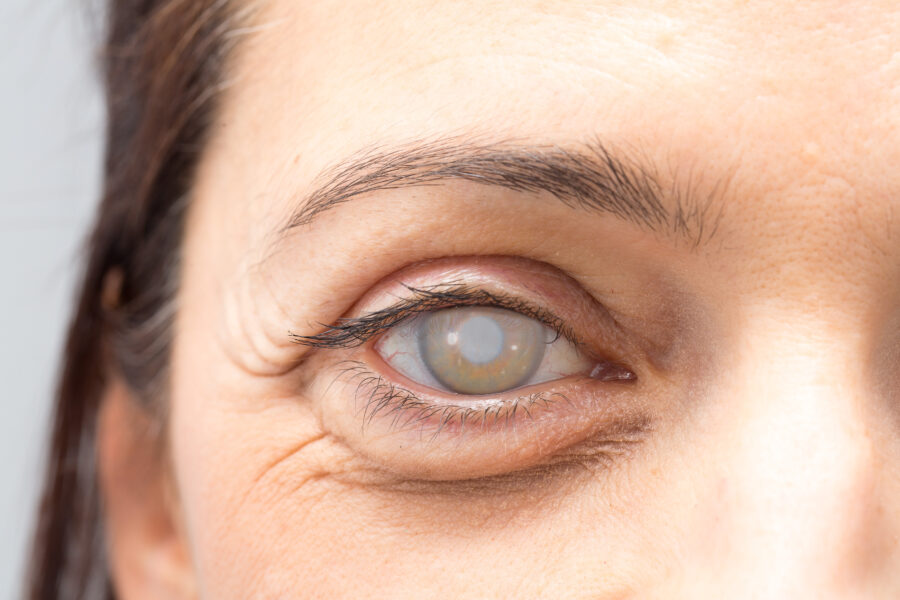Blog post
How Smoking Impacts our Eye Health

Matthew Burford BSc(Hons) Optometry MCOptom - Domiciliary Optician and Professional Services Manager at OutsideClinic
2 minute read
We all know how bad smoking is for your general health, contributing to a variety of issues such as respiratory problems, heart disease, stress, cancer and more.
However, an often overlooked consequence of smoking is its significant effect on eye health.
Smoking can lead to various eye-related symptoms and conditions that not only compromise our eyesight but can also lead to long-term damage to our eyes.
It is also important to note that passive smoking, or exposure to second-hand smoke, can be equally harmful to the general health and eye health of those around us.
Eye symptoms linked to smoking
- Increased irritation and redness: The eyes may become more prone to irritation and appear redder, a result of the smoke and toxins irritating the surface of the eye.
- Bags under eyes: Smoking accelerates collagen loss, leading to premature aging signs like fine lines, wrinkles and the sagging of skin under the eyes.
- Excessive blinking: To counteract dryness and irritation, smokers might find themselves blinking more often than usual.

Increased risk of developing eye conditions
Smoking doesn't just cause discomfort; it significantly increases the risk of serious eye conditions, including:
- Age-related macular degeneration (AMD): Research consistently shows that smoking increases the risk of developing AMD. Current smokers are up to four times more likely to have AMD than people who have never smoked. Smokers are more likely to develop AMD up to 10 years earlier than those who have never smoked. Their AMD is likely to progress faster and be less responsive to treatment. Second hand smoke is also likely to increase the risk of AMD.
- Cataracts: The risk of developing cataracts at a younger age is two to three times higher in smokers than in non-smokers, clouding the eye's lens and affecting vision clarity.
- Diabetic eye disease: For smokers with diabetes, the risk of diabetic eye disease worsening is considerably higher.

Is the damage to our eyes from smoking reversible?
There are mixed opinions on whether the damage to our eyes from smoking is reversible, but the safest option is to give up sooner, rather than later.
How to minimise the damage on eyes from smoking
- Have regular eye tests to ensure that problems are detected and treated promptly.
- Recognise warning signs (e.g. blurriness, headaches, itchiness, sensitivity to light).
- Lead a healthy lifestyle by ensuring you have a balanced diet and get enough sleep.

Support to quit smoking
It can naturally be hard and scary to quit something, especially if it is a coping strategy.
NHS Smokefree is a free service to help you quit smoking. The service offers tailored advice and a community to help keep your motivation high and support when you are struggling.
See the benefits yourself by starting your journey today!

By Matthew Burford BSc(Hons) Optometry MCOptom - Domiciliary Optician and Professional Services Manager at OutsideClinic
Matthew graduated from Aston University in 2004 with a degree in Optometry.


